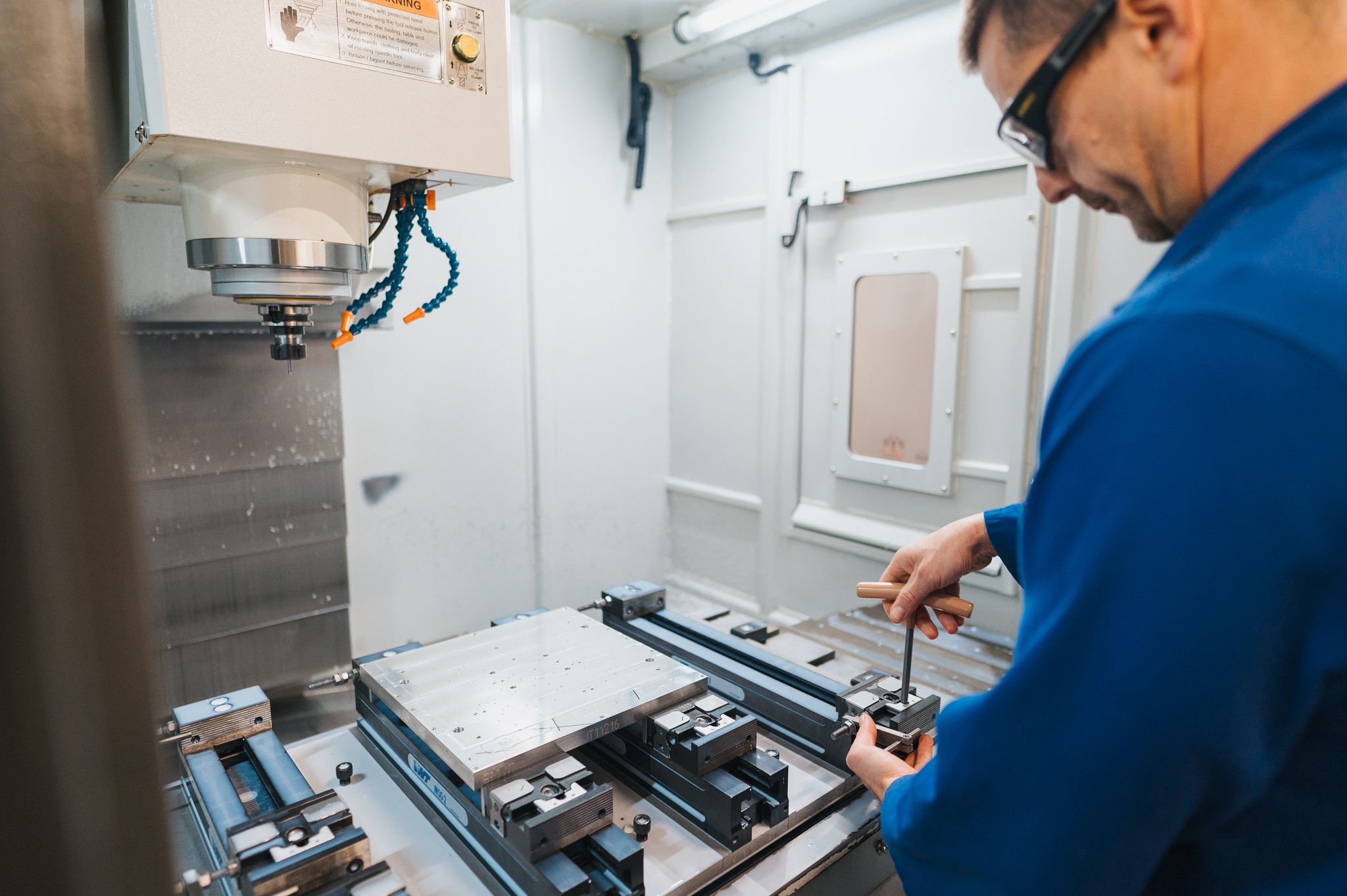SOURCE: AFI


Hindustan Aeronautics Limited (HAL), a leading Indian defense company and a significant trading partner of a Russian arms agency, has firmly denied allegations that it resold sensitive British technology to Russia. The statement comes in response to concerns raised about the potential transfer of critical equipment supplied by the U.K.-based H.R. Smith Group, a major aerospace manufacturer and a prominent donor to the populist Reform U.K. party.
According to a New York Times investigation, shipping records from 2023 and 2024 revealed that H.R. Smith Group exported equipment to India, including transmitters, cockpit equipment, and antennas, which had been flagged as critical components for Russian weapon systems. These exports raised concerns about whether the technology could have been diverted to Russia, especially given HAL’s longstanding defense ties with Russian entities. However, HAL has categorically stated that the sensitive British technology remained in India and was not transferred to any third parties.
The controversy underscores the complex dynamics of global defense trade, particularly as India navigates its relationships with Western allies and traditional partners like Russia. A model of a Sukhoi fighter jet, produced by HAL, was prominently displayed at an investor summit in Visakhapatnam, India, in 2023, symbolizing the company’s pivotal role in India’s defense sector. HAL’s partnerships with Russia, including contracts for Su-30 MKI fighter jets and joint ventures like the BrahMos supersonic cruise missile, have long been a cornerstone of India’s military capabilities. Yet, India has also been diversifying its defense acquisitions, reducing reliance on Russian arms and strengthening ties with Western nations, including the U.K. and the U.S.
The H.R. Smith Group’s exports to India were intended for use in India’s domestic defense programs, but the flagged components’ potential dual-use nature sparked scrutiny. Western governments have intensified efforts to monitor the flow of sensitive technologies amid concerns about their use in conflicts like the Russia-Ukraine war. The U.K., in particular, has been vigilant about ensuring that its defense exports do not inadvertently bolster adversarial nations’ military capabilities.
HAL’s denial aligns with India’s broader strategic shift toward self-reliance in defense manufacturing, as championed by Prime Minister Narendra Modi. Investments in domestic production and collaborations with Western firms are part of India’s efforts to modernize its military while reducing dependence on foreign suppliers. However, the allegations highlight the challenges of ensuring transparency and compliance in global supply chains, especially when dealing with dual-use technologies.
NOTE: AFI is a proud outsourced content creator partner of IDRW.ORG. All content created by AFI is the sole property of AFI and is protected by copyright. AFI takes copyright infringement seriously and will pursue all legal options available to protect its content.